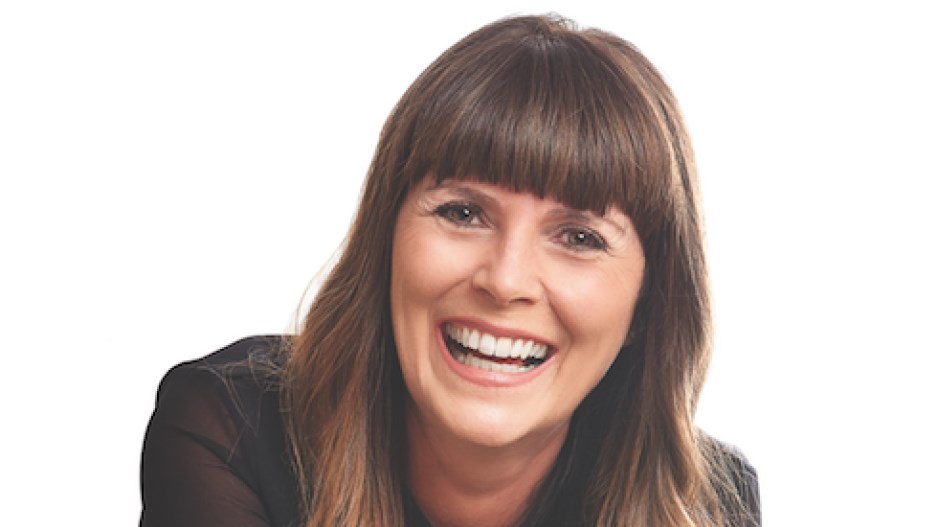For Saje Natural Wellness – No. 7 on Business in Vancouver’s Biggest B.C. Businesses Owned by Women list – business is swell.
Year-over-year, the company – which sells essential oils and other plant-based products – added 33 B.C.-based employees to its ranks, the most of any company on BIV’s list. The company employs more than 1,000 people in 79 locations across the U.S. and Canada.
CEO Kate Ross LeBlanc, who co-founded the company with her husband, Jean-Pierre LeBlanc, attributes staff growth to the nine new retail locations Saje has opened across Canada since July 2018. The company has also expanded its support systems for its digital retail channel.
LeBlanc believes the excitement and demand around new plant-based food products have had a “halo effect” for companies that offer healthy and natural products in other categories.
“As people become educated on the many benefits plants can provide, it sparks a discussion about how these healthy alternatives can be utilized elsewhere in their daily lives, perhaps even in less-conventional ways,” Ross LeBlanc wrote in an email to BIV.
The opportunities produced by the growing popularity of plant-based products are ripe for the taking.
Global Market Insights Inc. expects the market for plant-based ingredients will cross the US$13 trillion threshold by 2025. Demand for natural cosmetics is forecast to hit US$54.4 billion two years later, according to Future Market Insights, which notes that plant-based and organic products in the cosmetics and personal care industry are gaining traction.
Allied Market Research believes the market for essential oils alone – like the ones sold by Saje – will enjoy a compound annual growth rate of 8.7% through to 2022, in part due to a surge in preference for natural ingredients and changes in lifestyle.
“We’ve kind of identified that at some point in a person’s life, they are looking at crossing over and purchasing for themselves or as gifts some sort of a natural product,” explained Sonia Chhinji, co-founder of Woodlot, a Vancouver-based producer of natural home and body products – candles, lotions, soaps – sold in more than 300 retail locations in North America, Australia and Europe.
“I think that that way of thinking – in terms of ‘how is my product made? What’s going into it? Who’s making it?’ – is something that is absolutely going beyond what people are putting into their bodies.”
While it may now be popular for carnivores and herbivores alike to try out meatless burgers at a growing number of fast- and slow-food establishments, the challenge for purveyors of plant-based products is in converting curious and well-intentioned consumers into green and plant-based buyers.
In a recent Harvard Business Review article, University of British Columbia professor Katherine White, assistant professor David Hardisty and PhD candidate Rishad Habib noted that an “intention-action gap” can make green consumers elusive.
“Digging in and really thinking about a tough decision – like what’s sustainable – is not very fun and easy necessarily, and so it’s pretty tough to resist the temptation of just going and seeing what’s happening on Instagram,” Hardisty told BIV.
The authors identified several strategies companies can implement to help nudge buyers toward more sustainable behaviours, including the use of social influence and leveraging the domino effect.
The latter acknowledges that small, green-minded actions – like switching to light-emitting diode (LED) light bulbs – can spur more sustainable steps. It may not mean an LED bulb leads a consumer to stop eating meat and to swap out chemical cosmetics for plant-based ones, but Hardisty noted that intentions – and actions – can cross product categories.
“It depends on whether you see the connections yourself,” he said. “The more related it is, the stronger it is.” •




